In this article, I discuss the commonly held view of addictions as diseases along with the pros and cons of this view including its effects on progress in treatment.
Estimated reading time: 3 minutes.
A commonly held view of addictions is that they are diseases. The view holds that if you are unlucky enough to be afflicted with such a disease, it will be with you for your life because it cannot be cured. Furthermore, because your addiction is a disease, you are unable to exert control over it. Acknowledging this lack of control or powerlessness is the basis of 12-step programs which are used to help people with addictions for issues such as alcohol and drug use, gambling and sexual activity by appealing to the help of a ‘higher power’.
In the following sections, I will examine the advantages and disadvantages of viewing addictions as diseases. I will then mention an alternative view of addictions which may be more conducive to clients making progress in therapy to address their addictions.
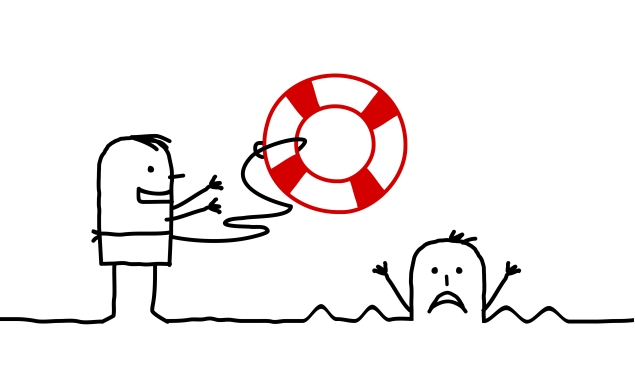
Advantages of viewing addictions as diseases
There are several positive aspects to viewing addictions as diseases. One is that doing so removes a lot of the shame from having an addiction. On a related point, if you have hurt people close to you because of your addiction they are less likely to blame you and display anger toward you. Although they may not be happy with you for your actions, their believing that these actions were the result of a condition over which you have no control makes it less likely they will resent you.
Because there is less shame, blaming and anger when the addict and people in the addict’s life view the addiction as a disease, having this view often makes it easier for the addict to admit that they have a problem. In turn, viewing their addiction as a disease may facilitate their taking steps to address their addiction.
Disadvantages of viewing addictions as diseases
There are several disadvantages of viewing addictions as diseases. Viewing addictions as diseases can interfere with taking the necessary steps to address your addiction in therapy. The reason is that if you believe that your addiction is the result of a disease over which you have no control, this is inconsistent with taking steps in therapy to exert control over your addiction through changes in your thinking and behaviour.
Viewing addictions as diseases can also instill a passive ‘fix me’ mindset which is not conducive to making progress in therapy. This is antithetical to an active approach which is more conducive to progress through the client taking steps to manage their urges to engage in addictive behaviours.
Viewing addictions as diseases can also be counterproductive in therapy because it instills negative expectations for progress. That is, if I believe I have a disease which will never be cured, then it is only a matter of time before I relapse. This belief can result in a negative self-fulfilling prophecy in which the client’s expectation of failure leads them to think and behave in ways which produce failure. For example, believing that your addiction is a disease would make it more likely you will give up and return to the addictive behaviour when you encounter challenges in your life which lead to urges.
Viewing addictions as diseases: Do the pros outweigh the cons?
In summary, viewing addictions as diseases may make it easier for the addicted individual to face their problem, deal with people affected by it and enter treatment. Unfortunately, the person who views their addiction as a disease is less likely to have the mindset which is conducive to making progress in addressing their addiction in therapy. So if your ultimate goal is to address your addiction, the cons of viewing your addiction as a disease outweigh the pros.
This might lead you to wonder whether there is a different view which is more conducive to making progress in addressing your addiction in therapy. There is indeed such an alternative view. That will be the topic of my next article.
May you view your addiction in a manner which is conducive to your addressing it,
-Dr. Pat

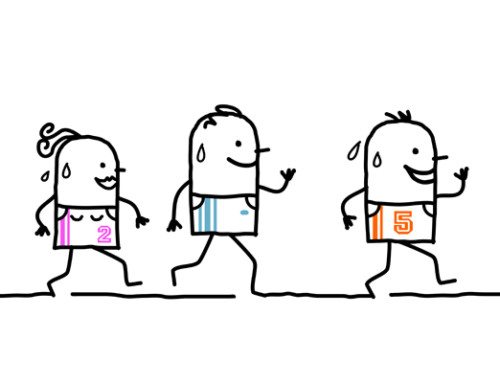
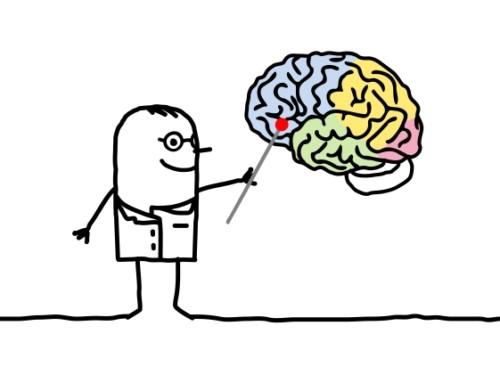
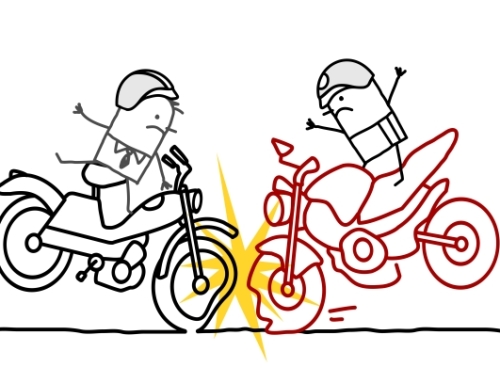
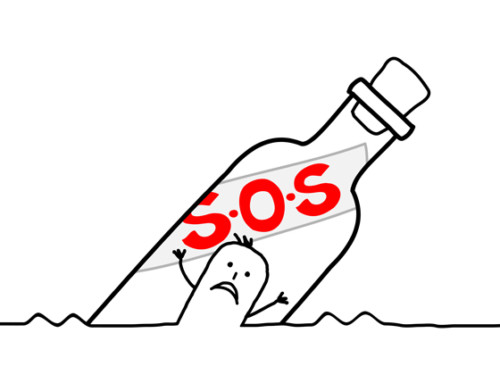
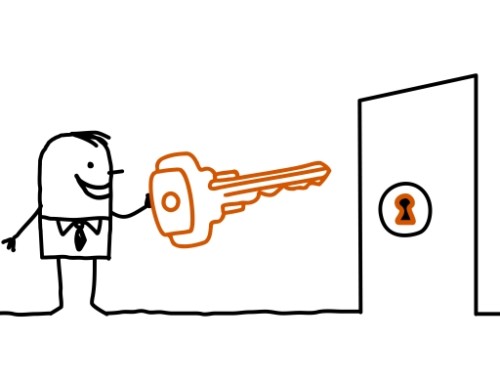
Leave A Comment